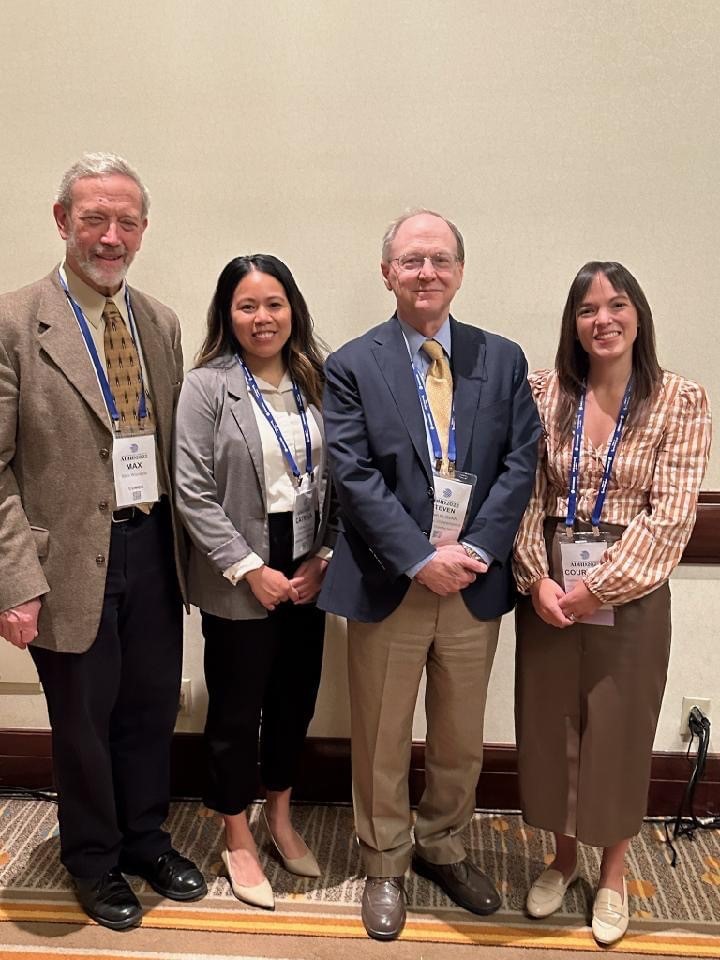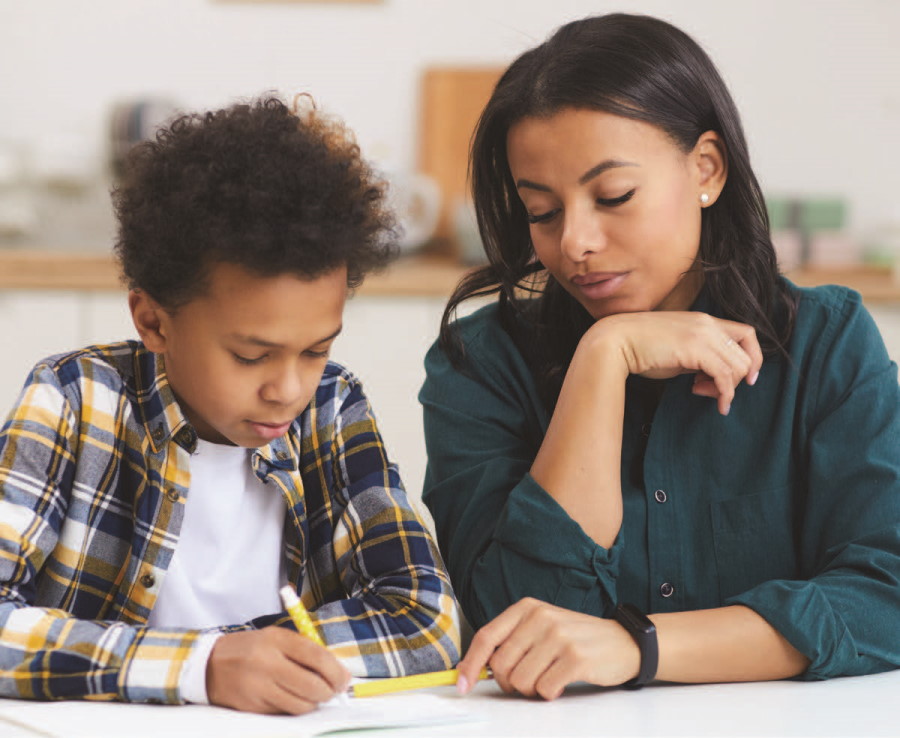Early Identification of Learning DifferencesAsk The Expert
Excellence in Emerging ADHD Researchers
Rachel James, MSLIS Representing CHADD’s professional advisory board, Max Wiznitzer, MD, introduced the winners of the Young Scientist Research Awards during the 2022 Annual International Conference on ADHD in Dallas, Texas. A point of pride for CHADD is the ability to offer opportunities for emerging researchers to showcase their innovative work studying ADHD. For one…
Read MoreThink You Can Spot ADHD in Your Classroom?
Teachers (and parents): Test your knowledge of ADHD. Then read this article to learn which ones you got right. Medication for ADHD should be taken only as a last resort. True False Boys always have the hyperactive type of ADHD. True False We all have a bit of ADHD so it is not a serious problem. True False…
Read MoreAce the Break: Avoid the “Summer Slide”
Each day, I see the lingering impacts of the pandemic play out as parents contact our practice, wondering if our tutors or executive function coaches can help. The most common concerns are among parents of students with ADHD and weak executive functions. They say their kids can’t seem to focus and aren’t meeting their potential.…
Read MoreRemote Learning for Children with ADHD
How are children with ADHD faring with the shift to remote learning during the pandemic? What are parental factors that enhance child learning and well-being? This update on recent research reviews two studies. The first study found no negative short-term impact on academic outcomes for children with ADHD with the shift to remote learning, although…
Read MoreCompensatory and Recovery Services for Students with ADHD
Closed schools. Endless virtual meetings. A classroom at your kitchen table. Sound familiar? It is difficult to think of a single facet of school that the COVID-19 pandemic did not change for students, families, and school staff. As schools have transitioned back to in-person instruction, parents (and legal guardians) and school staff are noticing the…
Read MoreReading Comprehension and Executive Function
Learning disabilities and ADHD often go hand in hand. According to Thomas E. Brown, PhD, approximately 45 percent of those with ADHD have coexisting learning disabilities. The most common learning disability of students with ADHD is dyslexia, characterized by difficulties with accurate and/or fluent word recognition and by poor spelling and decoding abilities (International Dyslexia…
Read MoreWhen Classes Resume—How to Help | For EducatorsAsk The Expert
IEPs, 504 plans, and the New Educational LandscapeAsk The Expert
Teaching in a Pandemic: Upheavals, Adjustments, and Moving Forward
When COVID-19 first closed our schools in March, many teachers asked, “Now what?!” Teaching special education is immensely rewarding, but oftentimes challenging even under normal circumstances. It takes a deep understanding of how the mind works along with patience and perseverance to adapt lessons, content, and tasks for multiple individuals daily. Then, we were forced…
Read MoreOnline Learning | Teaching Students How to “Work From Home”Ask The Expert
What Is School Readiness and Why Is It Important?
The capacitY TO FORM POSITIVE RELATIONSHIPS is an essential aspect of healthy child development. Children’s relationships and daily interactions with their parents contribute to developing a set of skills that help children succeed in the classroom once they start kindergarten. Collectively, these skills are referred to as “school readiness.” They generally include children’s language and literacy…
Read More







